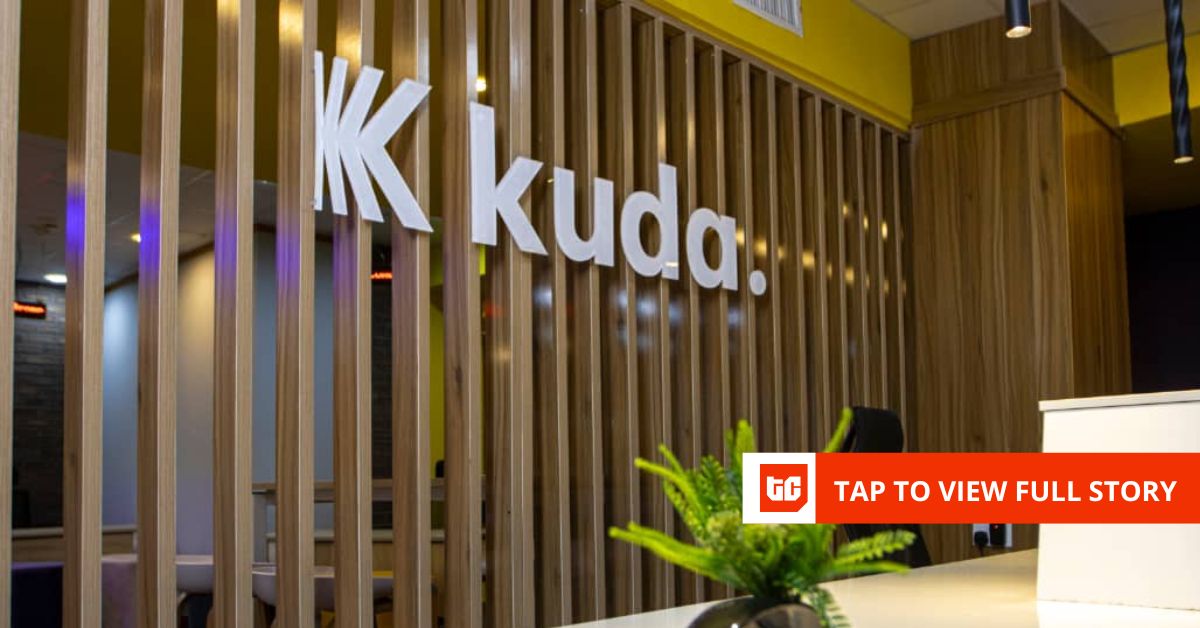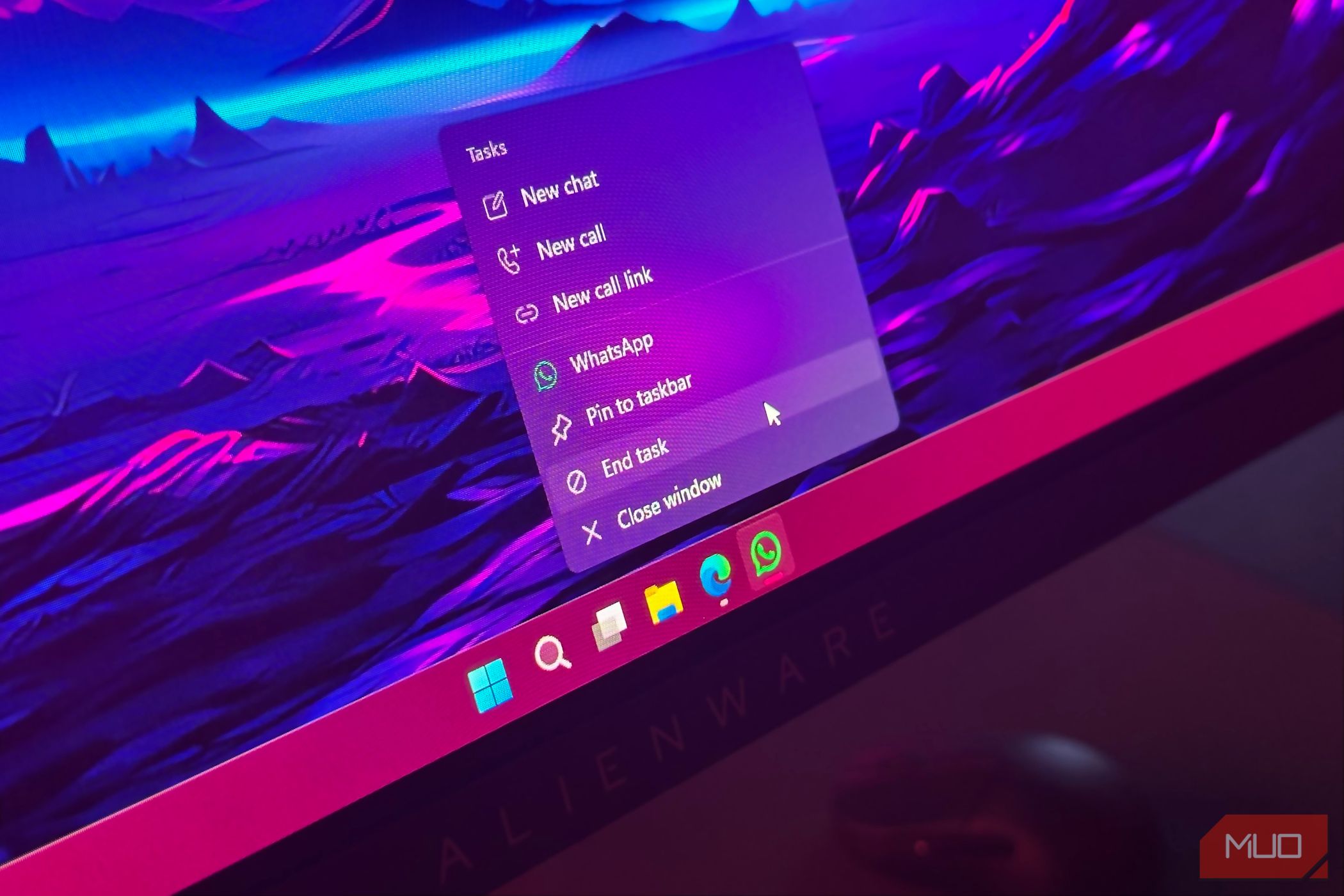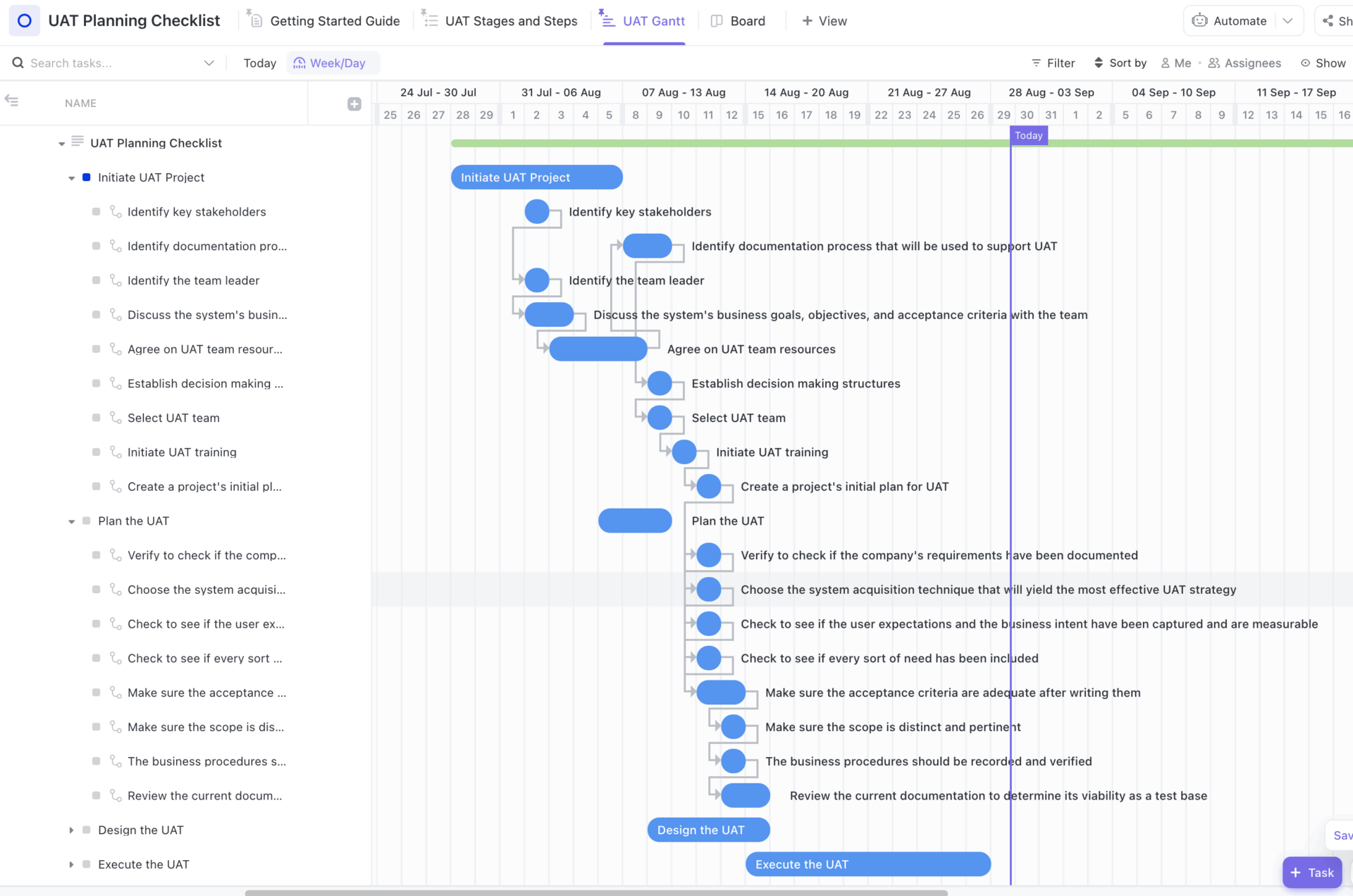Three years after shelving its initial cross-border remittance plans, Nigerian neobank Kuda Technologies has relaunched with a multi-currency wallet that allows Kuda users outside Nigeria to send money directly to Nigerian bank accounts.
“The first time, we did not quite get it right, but now we have figured it out,” Nosakhare Oyegun, Kuda’s senior vice president for business banking, told journalists at a media parley on Monday. Babs Ogundeyi, Kuda’s CEO, and Oyegun were part of the Kuda staff who spoke to journalists in a rare meeting with the media.
Besides sharing details of Kuda’s Q1 financial performance, Ogundeyi disclosed that the company raised $20 million at a $500 million valuation in 2024, sharing the numbers behind its previously undisclosed round.
Why Kuda is going after remittances
Kuda initially paused remittances due to its reliance on intermediaries for remittance transactions, which dampened margins, and the need to build the product in-house with Kuda’s core banking application. Its new attempt is built in-house and entirely in Kuda’s wallet, which helps Kuda deepen the customer offering in its ecosystem.
The wallet is currently unavailable to Nigerian users due to regulatory restrictions on microfinance banks from processing foreign transactions. For now, it supports the British pound and the euro, with plans to add the U.S. and Canadian dollars within the next six months, Oyegun said.
After realising that many Nigerian users who relocated abroad continued to use Kuda’s app, the neobank is re-entering the remittance market as a way to improve the remittance experience of those users. “I have gone through that myself. It’s not ideal from a user experience standpoint,” Oyegun said.
These users often sent money to their Kuda accounts or used the app when visiting home, but sending money through multiple banks was expensive and cumbersome. With its new multi-currency wallet, Kuda aims to simplify cross-border transfers for its users.
In 2024, Nigeria’s personal remittance market rebounded from a slight dip in 2023, rising by 8.9% to $20.9 billion. Much of this growth was because inflows through International Money Transfer Operators (IMTOs) grew sharply by 43.5%, reaching $4.73 billion, up from $3.30 billion the previous year.
With the Central Bank of Nigeria’s recent FX policies, remittance growth is expected to continue. Startups like Lemfi, Nala, and Moniepoint are increasingly competing with incumbents such as Western Union and WorldRemit in Nigeria’s crowded remittance market. As it enters the fray, Kuda is betting on its app’s convenience and user-centric design to attract new users.
“Remittance is a highly competitive space, but we’re focused on convenience. It’s frustrating to have to jump between three or four apps just to make one transaction,” Oyegun said.” Putting everything into a single app that people already use—that’s the real value.”
Kuda’s Q1 Performance
Kuda’s remittance attempt is a way to improve the experience of a segment of its users, which continually increases the volume and value of transactions with Kuda. In Q1 2025, Kuda processed over 300 million transactions totalling ₦14.3 trillion ($9.3 billion) across its retail and business banking arms. Retail banking accounted for ₦8.5 trillion ($5.5 billion), while business users processed ₦5.8 trillion ($3.7 billion).
Despite launching its business arm in 2022, three years after Kuda’s launch as a no-fee digital bank, it contributes 40% of Kuda’s total transaction value, a clear sign of how commercially rewarding it is to serve Nigerian businesses. However, due to Kuda’s business model, which is built around frequency, the margins on serving retail users who perform smaller transactions but in far greater volume mean more revenue.
The fintech also issued ₦16.4 billion ($10.7 million) in overdrafts in Q1 2025 (a 43% growth compared to the previous quarter), which was issued profitably, according to Kuda. While Kuda does suffer losses with its credit product like other financial institutions, its net margin remains positive and ranges between 3% and 7% depending on the month.
“We want to be able to give credit to anyone,” said Babs Ogundeyi, Kuda’s CEO. “ Risk-based pricing is the model. The better your profile, the cheaper your rate. But even if your profile is riskier, we should still be able to offer credit, just at a higher rate.” Kuda users can not apply for loans from the bank but are offered loans based on how active they are on the bank’s app.
If Kuda continues at the same pace till the end of 2025, the neobank will process ₦57.2 trillion ($37.2 billion) and 1.2 billion transactions, more than the ₦55.8 trillion it processed in its first five years.
Mark your calendars! Moonshot by is back in Lagos on October 15–16! Join Africa’s top founders, creatives & tech leaders for 2 days of keynotes, mixers & future-forward ideas. Early bird tickets now 20% off—don’t snooze! moonshot..com










